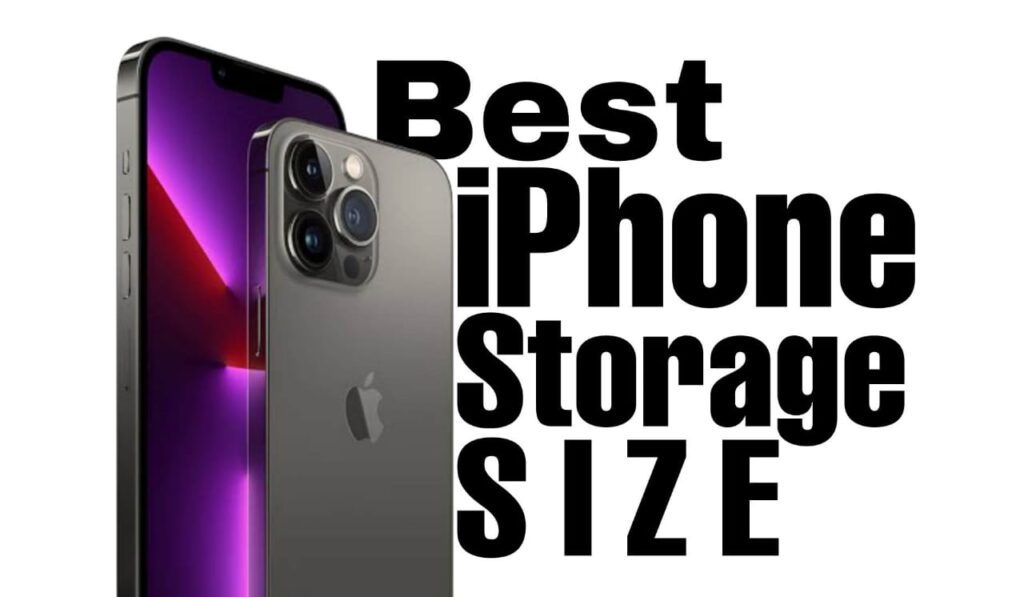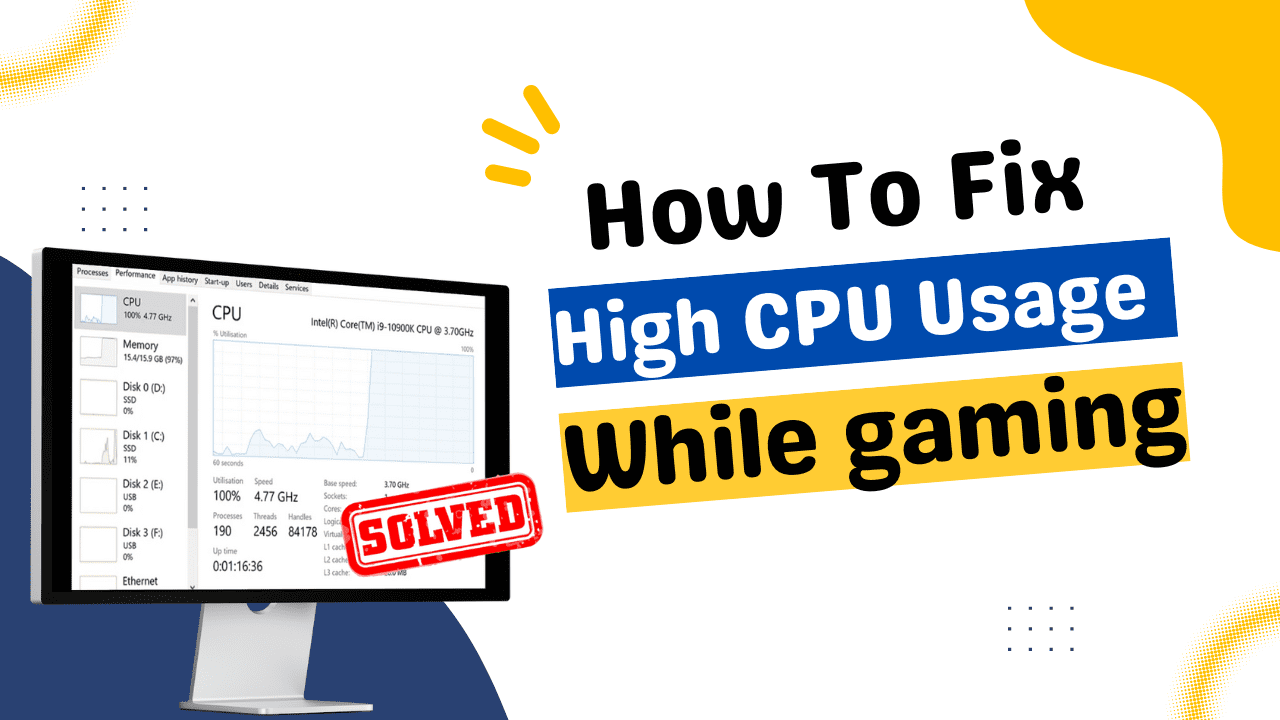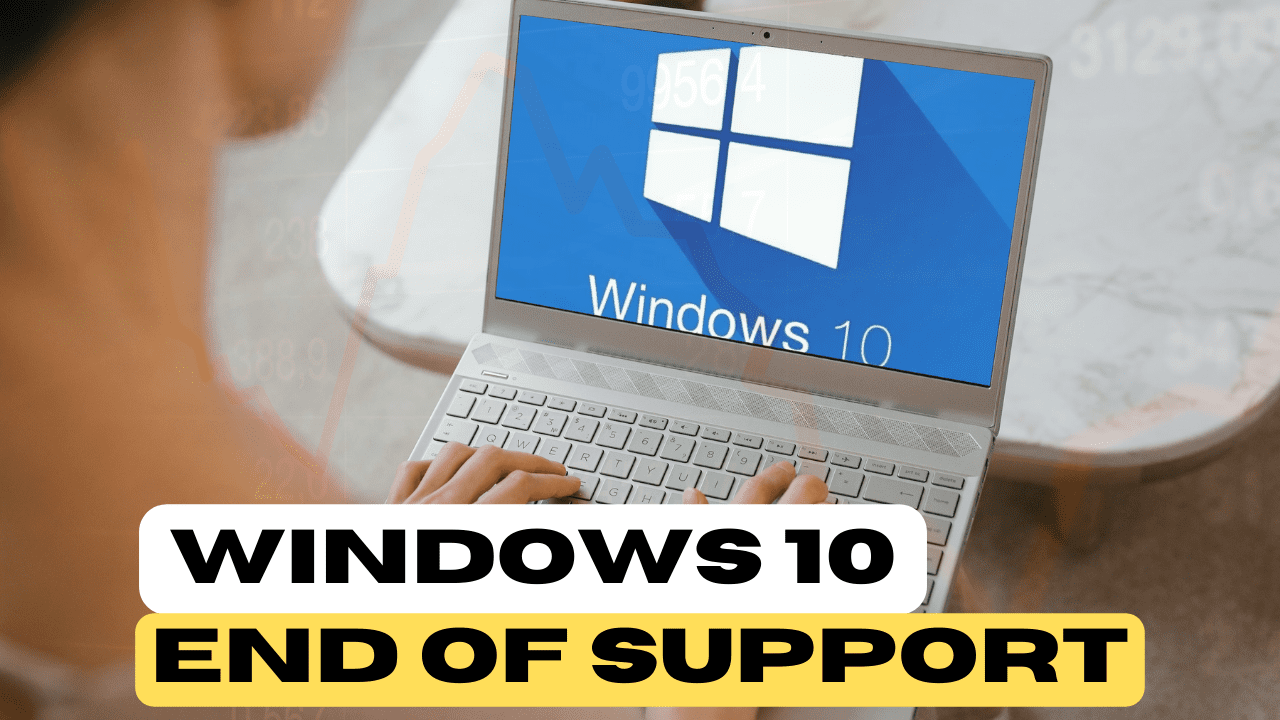Let’s imagine you’re in the market for a new iPhone. One of the most frequently asked questions is whether to acquire the higher-end, larger storage option or the lower-end, smaller choice of the iPhone model that you desire. And this is so widespread that many, many individuals feel they should always purchase the lower end to save money, while everyone else believes they should have the upper end since it has so many benefits. And the truth is, there are a lot of misconceptions about this topic. When it comes to iPhone storage, there are two major fallacies to be aware of. The first has to do with performance, and many people believe that if they acquire the higher-end iPhone with more storage, they’re getting the greatest iPhone.

Table of Contents
The difference between two iPhone storage choices
It’s the same model I’m talking about. Many people believe that an iPhone 13 with 128 GB (gigabytes) or an iPhone 13 with 512 gigabytes is a better iPhone, however the 512 choice is actually a superior iPhone. It’s as if it’s faster. It is more efficient. It’s an improvement in certain ways, but not just when it comes to storage; they believe it’s a higher functioning iPhone in every other way. And it is a tremendous misconception. That is not correct; there is no such thing as nonexistence. And you shouldn’t even consider it.
We do have a difference in read and write speeds, but it’s merely a theoretical difference. That’s only true when you’re testing to obtain a house or anything like it, but who doesn’t notice that in real life? Trust me, I’ve had dozens and dozens of I-phones in my ten years of experience. And if you attempt this with anything from the iPhone, maybe four, all the way up to the 12 Pro max, I’ve never been able to see a difference when it comes to performance or speed.
Recommended to Read: How to maintain iPhone battery Health at 100 %
Should we make usage of iCloud?
Nothing will perform better simply because you have a larger iPhone storage capacity. So that’s the legend. Number one, I believe this is correct. The second myth is that many consumers believe that if they buy an iPhone with larger capacity, they won’t have to pay for iCloud. So they’re really paying more for more capacity, but they’re saving money on iCloud because they don’t need an iPhone since they have so much storage. That is somewhat correct.
It’s not quite accurate since after you save money, you’ll save a little bit more, perhaps in iCloud photographs. You don’t need to utilise iCloud to keep your images because you have so much capacity. iPhone, you may save them locally. You don’t have to save your images on the cloud, but backups are a good idea. And pretty much everyone who owns an iPhone, will utilise iCloud to backup their data and store all of their stuff.
So, if you have any issues, change your iPhone, replace it, or anything, you can restore all of your data from a backup, right? It makes no difference if you have a one-terabyte iPhone 13 pro max. You’ll still need a backup since you’ll need to save those files somewhere other than your iPhone. So it makes no difference how much storage you have. For backups, you’ll need to buy iCloud. Let’s perform some arithmetic, and I’ll show you how you can save a lot of money simply by not buying storage. So, let’s look at an example. Let’s imagine you want to buy the latest iPhone, the iPhone 13. You’re eager to get your hands on it. The starting price for 128 gigabytes is $799. Let’s pretend you want the higher-end with more capacity, which is the iPhone 13 with 512 GB of storage.
Newer iPhone or older one for storage
Then you have to pay $1,100. So instead of $1,100 for the identical iPhone 13, but with additional capacity, you may have an iPhone 13 Pro Max, the highest and most expensive flagship iPhone.
So you’re spending the same amount of money, but you’re getting a lot more iPhone for it. Assume you want to buy an iPhone 12, and the list continues on and on. Right? So, yeah, if you want to acquire the standard 64GB iPhone 12, you’ll have to spend $699. If you want the highest and 256, you’ll spend 850. With that 850, you can obtain an iPhone 13 and save $50. So you get a newer iPhone, a newer generation iPhone, and a lot better iPhone. And then they’ve saved $50. And, as I have stated, this continues on and on with the iPhone.
It’s always the same if you want to buy like-new iPhones. You can always obtain a better iPhone by getting the cheapest option. Instead of paying extra money on storage for the one you desire, say, you may save money by using iCloud. So, let’s utilise the same scenario you used before the iPhone 13’s storage became available. It’s a figure of 7.99. You can continue to pay $7.99. You don’t have to pay anything more to maintain a 7.99. There is no need to pay $1,100. You pay $799 and then get access to iCloud. You may join my club plus for 99 cents a month, or 299 cents a month. Let’s say it will be dependent on your need or how much you require.
As a result, the ear will cost between $12 and $36. After that, you may save your images in iCloud.
So, because you can utilise iCloud, you don’t actually need to spend as much money on storage. If you do so, he will, of course, use iCloud backups and other services that icloud offers, such as the new features in iOS 15, which are high, my email, and even private relay new capabilities, all of which are documented in a video.
So, when it comes to purchasing a new iPhone, you have two possibilities, and this is the conclusion.
Conclusion
- Choose the iPhone model you want and go with the lowest storage choice. So you save money and may use it to store all of your data backups and everything. You will not be lacking in storage space.
- Get the iPhone you want and consider the price winner going full storage, but not this iPhone. Receive the better iPhone, spend the same money, and get the next generation updated version, like in the instances I gave. So, when we think about it, there is never a situation in which it is preferable to get more storage. It’s always preferable to acquire less storage and even save money on an updated iPhone, a better iPhone that will be much better for you.
Recent Posts
- The Best Wireless Printers of 2023: Seamless Printing
- Unveiling Linux Mint Advantages: A Comprehensive Analysis over Windows 11
- How to Fix High CPU Usage When Playing Games: Step-by-Step Guide
- Windows 10 End of Support: Navigating the Transition to Windows 11 and Beyond
- The Best i7 Windows Laptops for 2023


